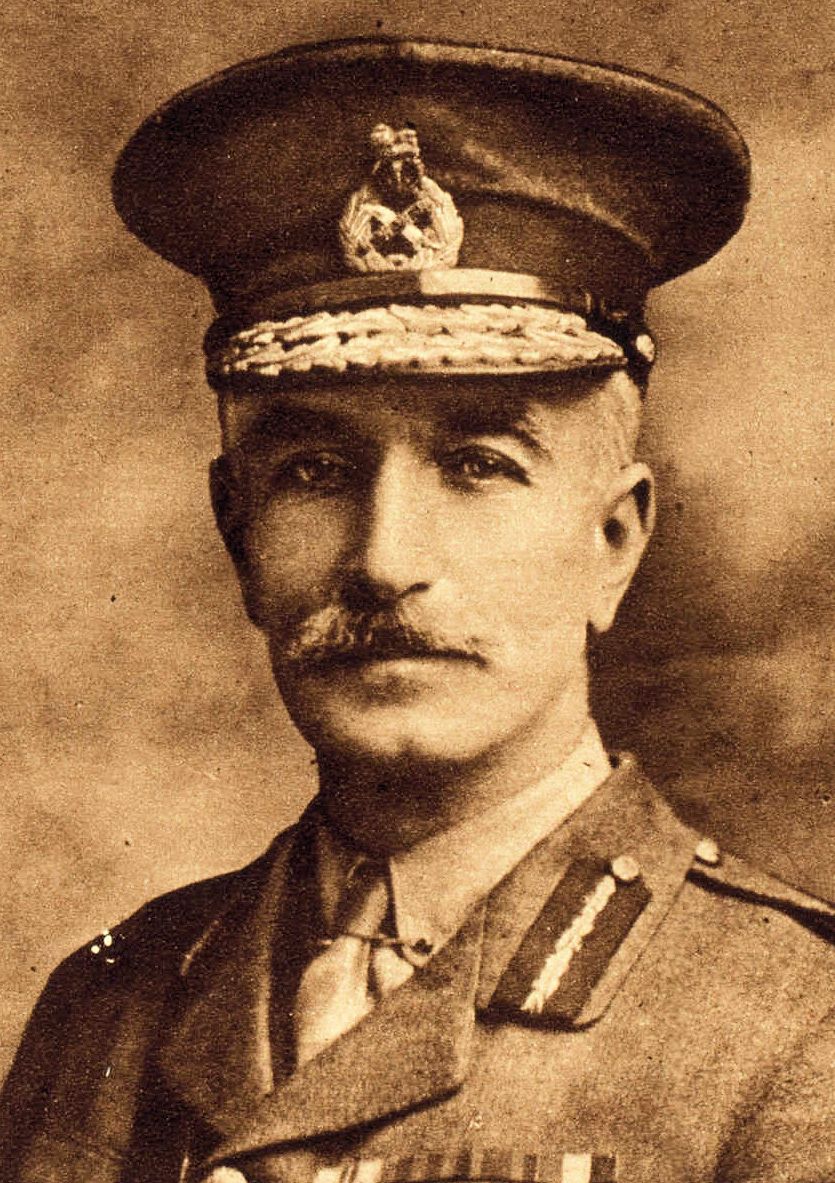
Sir Henry McMahon
In 1915 the British were keen to enlist Arab support for their war against the Ottoman Empire. To this end they approached Hussein ibn Ali, Sherif and Emir of Mecca, to lead a campaign to liberate Arabia from the Turks. As a Hashemite Hussein was considered a direct descendent of the Prophet. As Sherif of the Hejaz he was ruler of the Holy Cities of Mecca and Medina.
Hussein was initially reluctant to oppose the Turks, but changed his mind when he learned that the Turkish government was planning to depose him once the War was over.
On the British side the correspondence with Hussein was conducted by Sir Henry McMahon, the High Commissioner for Egypt. His go-between was Muhammed Sharif al-Faruqi, born in Mosul (Iraq), who had plotted against the Ottoman rulers who in turn conscripted him to join the Turkish Army in Gallipoli. He deserted, and offered to work for British Intelligence. He won the trust of Hussein and also of the British Colonial authorities.
McMahon, in a letter drafted (perhaps deliberately) vaguely, offered post-war freedom to the Arabs in return for their part in defeating the Turks. Palestinians still claim that McMahon promised to include Palestine in this offer. Britain, and unsurprisingly the Israelis, reject this interpretation. McMahon himself also denied the Arab interpretation, and it now seems likely that al-Farouqi deliberately told both sides what they wanted to hear. Al-Farouqi was killed in Iraq in 1920.
The subsequent Balfour Declaration of 1917 was clearly incompatible with the Arab interpretation of the McMahon correspondence, leading to the widespread view that the British had given contradictory undertakings.